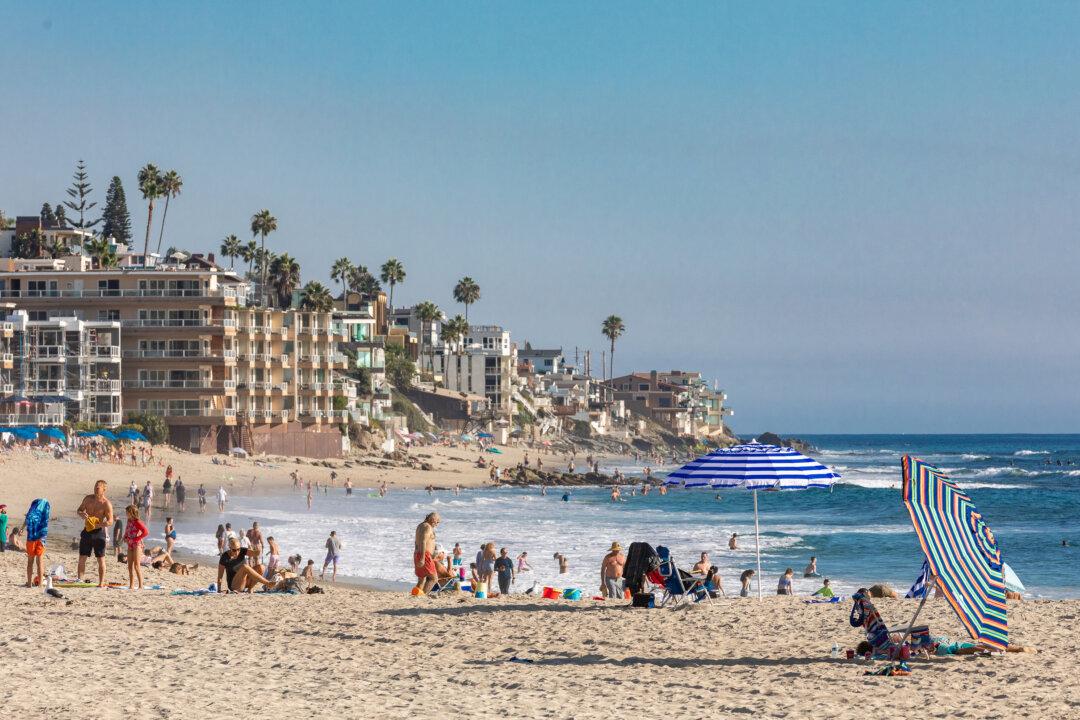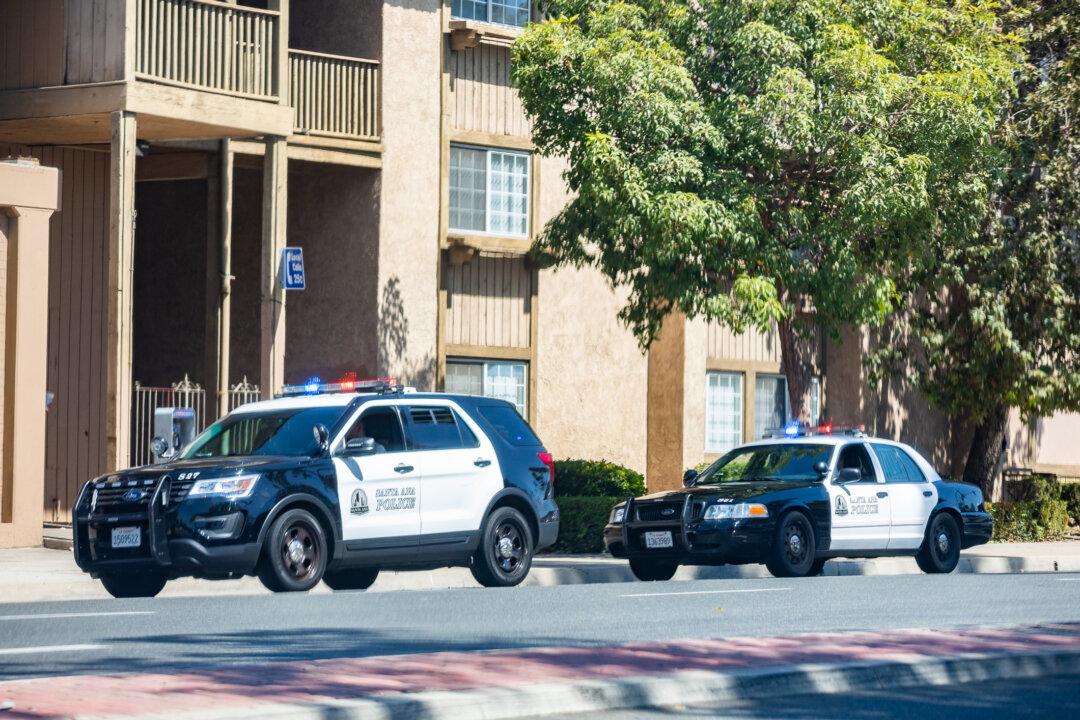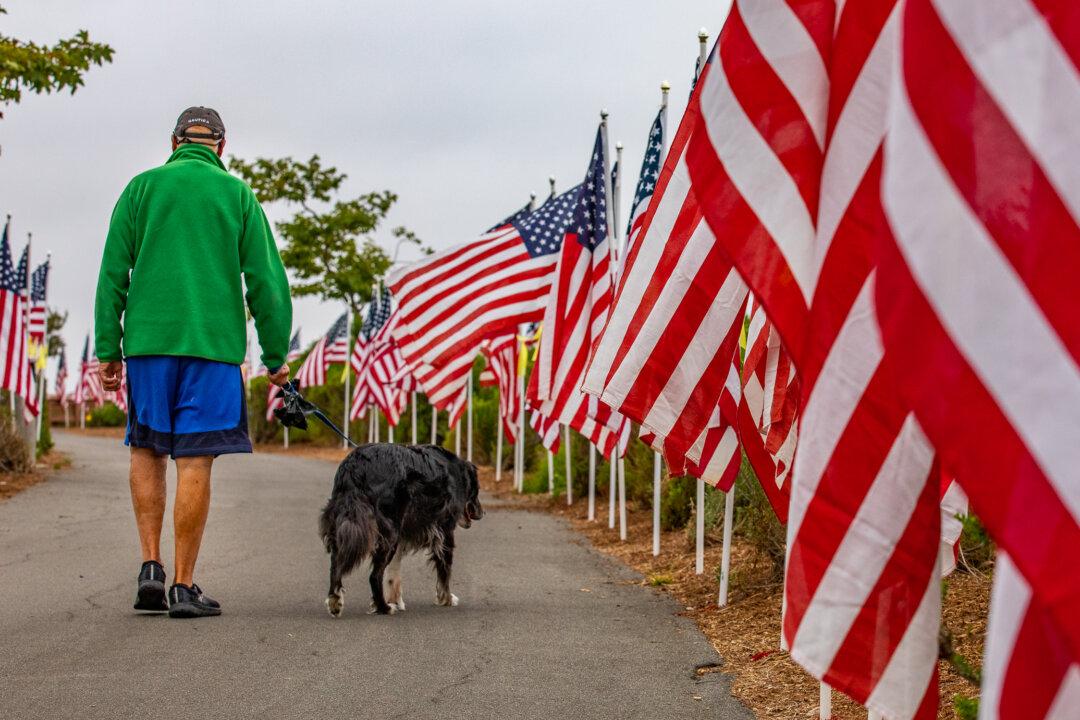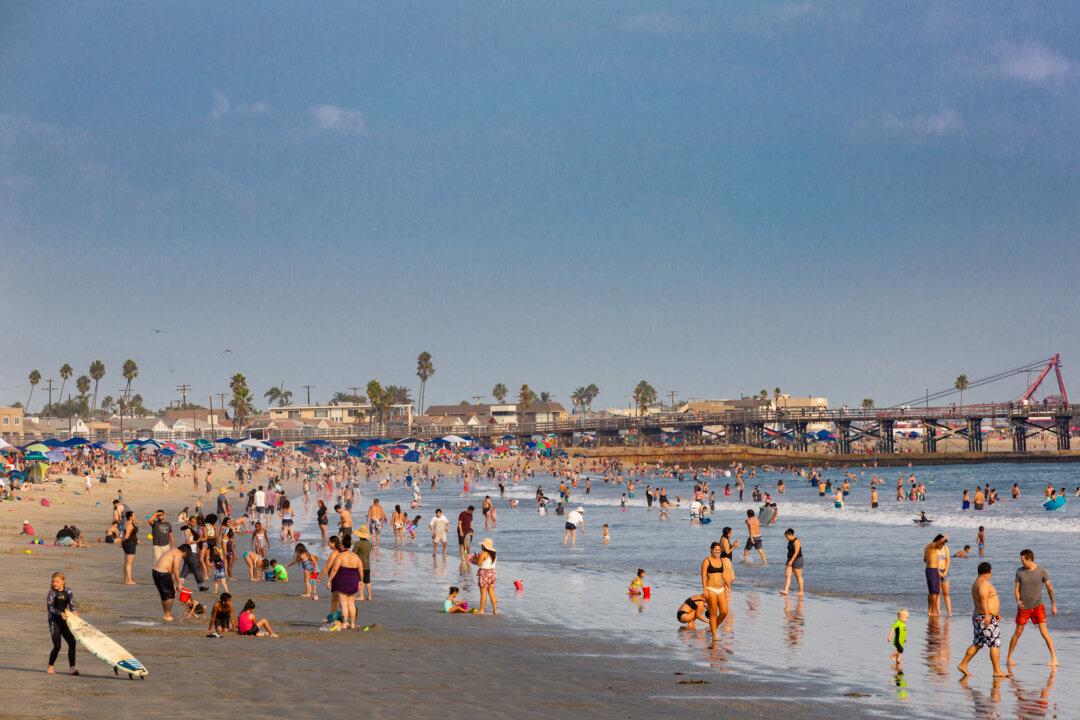A plastic ban in Laguna Beach, California, prohibiting single-use plastic food packaging and cutlery takes effect July 15.
The ban was unanimously approved by the city council in March as part of its Neighborhood and Environmental Protection Plan, intended to help mitigate visitor impacts on the city.





